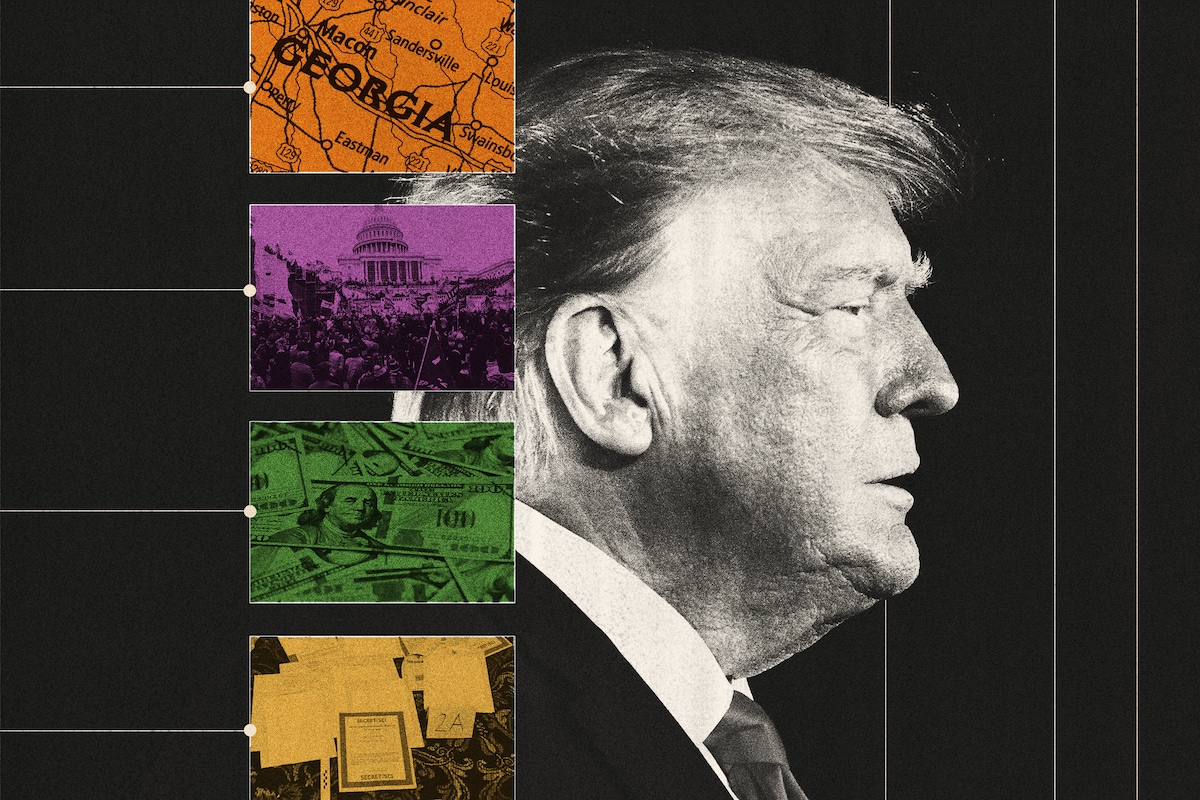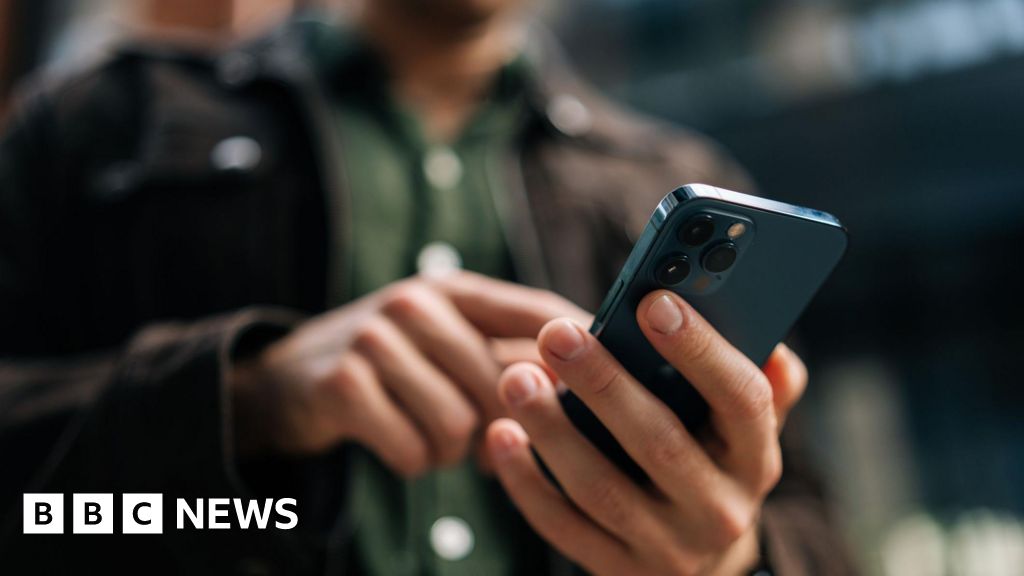
Tracking the Trump criminal cases and where they stand
- Politics
- May 3, 2024
- No Comment
- 331
Donald Trump, the Republican presidential nominee, is the first former U.S. president to face criminal charges. He has been indicted in four cases and has denied wrongdoing in each. Even if Trump were convicted, he could still run for president. Here is the latest in each of Trump’s four criminal cases.

Hush money case
The Manhattan district attorney charged Trump with falsifying business records in connection with hush money payments to adult-film actress Stormy Daniels during the 2016 election.
What to know
The trial in Trump’s hush money case began on April 15 in Manhattan. Witness testimony is currently underway and the trial is expected to last until late May or early June.
Why it matters
The case marks the first-ever criminal trial of a former U.S. president. A conviction would not bar Trump from running for or holding office.
The background
Daniels was paid $130,000 on the eve of the 2016 election to keep quiet about a sexual encounter she says they had years earlier. Trump denies the affair but has admitted to reimbursing his former lawyer, Michael Cohen, for the payments. Manhattan District Attorney Alvin Bragg alleges Trump misclassified the reimbursement payments as legal expenses when they were actually campaign expenses. Read more about the charges in the New York case.

Classified documents case
Federal prosecutors charged Trump with illegally hoarding classified documents from his presidency and conspiring with aides to cover up his actions.
What to know
U.S. District Judge Aileen M. Cannon on April 4 shot down Trump’s request to have the charges dismissed on the grounds that the Presidential Records Act protected him from prosecution. The decision came weeks after the judge denied Trump’s bid to toss out the case on constitutional grounds.
Why it matters
Trump is accused of dozens of violations of national security laws that the Justice Department says jeopardized some of the nation’s most closely guarded secrets. With the additional charges, prosecutors are painting a more detailed picture of a coverup by showing how Trump and aides allegedly tried to destroy evidence in the case.
The background
A federal grand jury initially charged Trump in June with 37 counts, including willful retention of national defense secrets, obstruction of justice and conspiracy. An additional set of charges, filed on July 27, said Trump and an aide, Carlos De Oliveira, sought to delete security footage from Trump’s Mar-a-Lago estate to prevent investigators from seeing it. Trump now faces a total of 40 federal charges. Another aide, Walt Nauta, was also indicted in June, accused of helping Trump. The trial is scheduled to begin in May 2024 but could be delayed. Read the full indictment.

Federal Jan. 6 election case
Federal prosecutors charged Trump for conspiring to overturn the results of the 2020 election. He is accused of spreading claims about voter fraud that he knew to be false, then pressuring local, state and federal officials to block Joe Biden’s victory.
What to know
The Supreme Court will hold oral arguments on April 25 on Trump’s claim that he is immune from criminal prosecution on charges of trying to overturn the 2020 election while president. The justices are likely to issue a decision before the court’s term ends in late June or early July, potentially pushing Trump’s trial deep into the presidential election season. Two lower courts have rejected Trump’s immunity claim. Trump has pleaded not guilty to all four counts in the indictment.
Why it matters
The charges in the indictment are among the most serious that can be brought against a former U.S. president. The indictment accuses Trump of seeking to sabotage the peaceful transfer of power, a bedrock of American democracy.
The background
Jack Smith was tapped in November 2022 as special counsel to handle the investigation. Investigators looked into the Trump campaign’s attempts to raise money off false claims of election fraud and plans for “fake electors” who could deliver the election to Trump. The indictment lists six co-conspirators, but none of them have been charged. Read more about the government’s case against Trump.

Georgia election interference case
The district attorney in Fulton County, Ga., indicted Trump and 18 others in August in connection with their attempts to reverse Trump’s 2020 election loss in the state.
What to know
Trump faces 10 charges, including violating the state’s racketeering act and conspiring to file false documents. He initially faced 13 charges, but a judge dismissed three of the charges against him in March. Four of his co-defendants have pleaded guilty to illegally conspiring to overturn his defeat and could testify if other defendants go to trial.
Fulton County Superior Court Judge Scott McAfee on April 4 rejected arguments by Trump and codefendants that the case should be dismissed because the indictment criminalized speech protected by the First Amendment. The judge said that alleged speech “in furtherance of criminal activity” was not constitutionally protected.
Why the case matters
This is the most expansive indictment brought against Trump regarding the 2020 election. Fulton County District Attorney Fani T. Willis used Georgia’s powerful anti-racketeering law — originally created to take down organized crime — to indict not only Trump but a network of allies who allegedly sought to help him.
The background
Willis launched the investigation more than two years ago after audio leaked from a January 2021 phone call in which Trump pressured Georgia’s Republican secretary of state to “find” the votes to reverse his loss and threatened vague criminal consequences if he refused. Read more about how Trump tried to undo his election loss.
#Tracking #Trump #criminal #cases #stand









